In U.S. Government and Politics, students examine the history, principles, and function of the political system established by the U.S. Constitution. Starting with a basic introduction to the role of government in society and the philosophies at the heart of American democracy, this course provides students with the knowledge needed to be informed and empowered participants in the U.S. political system.
Through critical reading activities, feedback-rich instruction, and application-oriented assignments, students develop their capacity to conduct research, analyze sources, make arguments, and take informed action. In written assignments, students address critical questions about U.S. politics and the role of individual Americans in the politics and political organizations. In discussion activities, students respond to political opinions, take a position, and defend their own claims. Formative and summative assessments provide students — and teachers — with ample opportunities to check in, review, and evaluate students’ progress in the course.
This course is built to state standards and informed by the College, Career, and Civil Life (C3) Framework for Social Studies State Standards and the National Standard for Civics and Government.
1 semester, 0.5 credit

